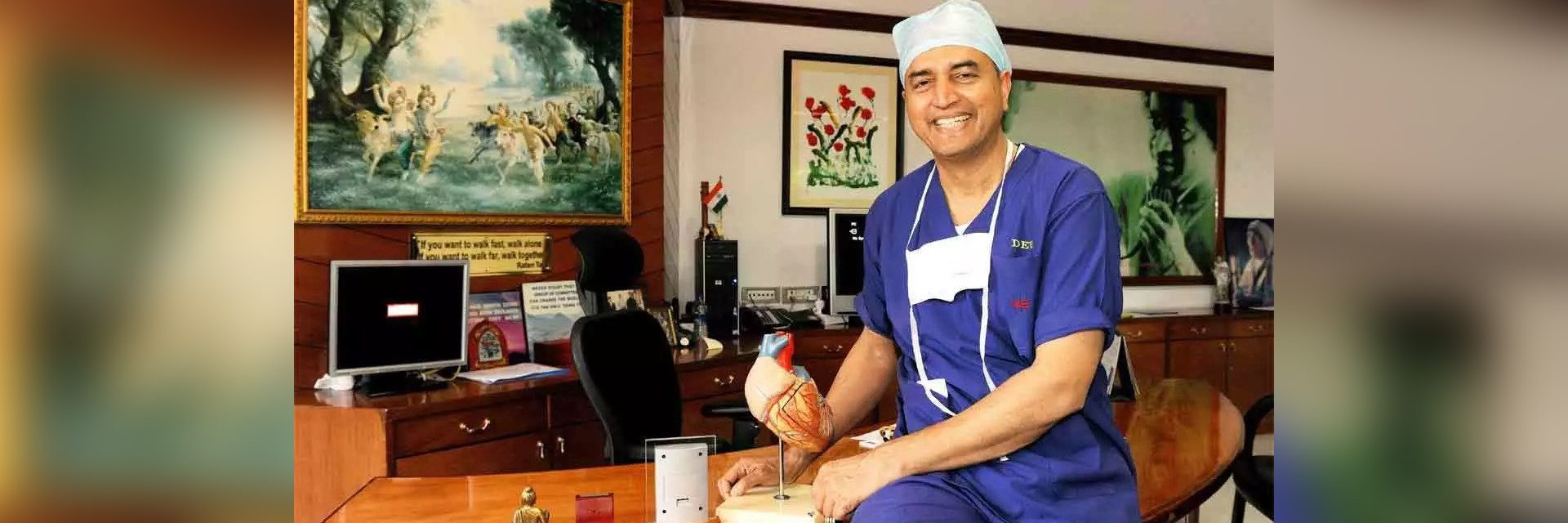(This excerpt from Leadership to Last: How Great Leaders Leave Legacies Behind first appeared in The Print on January 31, 2022)
- Innovation is almost tautologically the key source of firm-level and economy-wide productivity and therefore competitiveness. Some historical accounts attribute the economic lead of the Western world over South Asia, at least in part, to the latter’s insufficient embrace of innovation. The World Intellectual Property Organization ranks countries’ innovation ecosystems. In 2020, India ranked forty-eight out of 131 countries, having improved considerably in the past decade, and far ahead of Bangladesh, Pakistan and other South Asian countries, but still much behind China (ranked fourteen) and the US (ranked third). Surgeon-entrepreneur Devi Shetty is credited with developing procedures that have resulted in the lowest-priced cardiac surgery in the world, with no diminution in quality relative to the world’s best hospitals. Narayana Health is able to serve its patients profitably and without turning away the indigent for between $1000 [Rs 64,000] and $2000 [Rs 1,29,000], when the same surgery would cost several tens of crores of rupees in the developed world, and maybe more. Shetty’s work over the past two decades or so has been guided by a crystal clear long-run vision. The steadfastness of purpose over profits has—in a theme that finds resonance with many featured in this volume—delivered profits handsomely, as it turns out…

